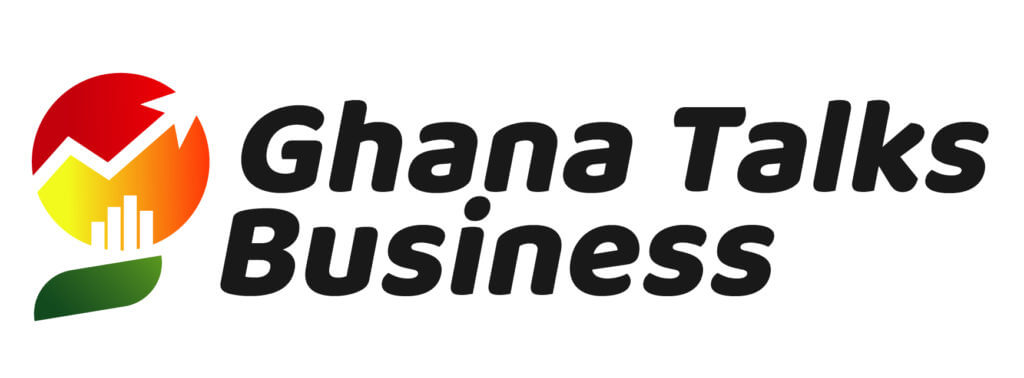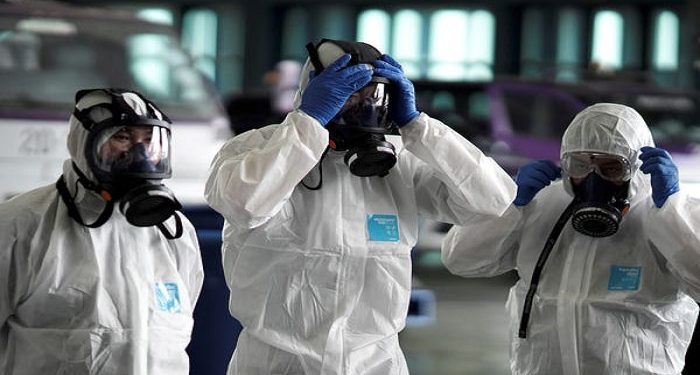During the budget reading on Friday, March 12, the acting Finance Minister, Osei Kyei Mensah-Bonsu said the government plans to increase the National Health Insurance Levy (NHIL) and the Value Added Tax flat-rate by one percentage point.
“We propose a one percentage point increase in the national health insurance levy and a one percentage point increase in the Value Added Tax flat-rate to support expenditure related to COVID-19,” the acting Minister of Finance said.”
On Tuesday, March 30 despite the Minority’s resistance, parliament approved the COVID-19 Health Recovery Levy.
What this means for Ghanaians
The National Health Insurance Levy currently stands at 2.5% while that of the VAT flat-rate stands at 3%. With the approval from parliament, NHIL, a levy on goods and services supplied in or imported into Ghana will see a shift from the current 2.5% to 3.5% while the VAT flat-rate applied to only retailers and wholesalers will see a shift from the current 3% to 4%. Ghanaians will thus, end up paying 1% more for products bought.
For instance, if a retailer decides to sell a printer for GHS200.00, at a VAT flat-rate of 4%, a customer will pay GHS208.00 for the printer instead of GHS206.00 at the VAT flat-rate of 3%. The seller retains his GHS200.00 while GHS8.00 (4% VAT flat-rate) goes to Ghana Revenue Authority.
Arguments against the Levy
The Minority Leader Haruna Iddrisu registered his displeasure and described the bill as a regressive tax which “will impose further hardship on the Ghanaian.”
“It makes no distinction between the rich and the poor, it is an anonymous… to the NPP’s own manifesto promise of moving from taxation to production. That is a somersault of the policy when even during the Covid times you’re coming with these new taxes,” he further said on the floor of parliament.
According to Haruna Iddrisu, the bill did not state clearly how the estimated GHS1.4 billion potential revenue is expected to be utilized.
“The fact that you benefited from the suspension of the Fiscal Responsibility Act, does not mean that you should act irresponsibly in terms of not prioritising government expenditure or controlling government expenditure,” Haruna Iddrisu said.
Reasons for the levy
According to Osei-Kyei Mensah Bonsu, in the March 12 budget reading, the levy was to help mobilize additional revenue to employ more health workers at the country’s health facilities, build new health facilities, and finance the deployment of COVID-19 vaccines across the country.
The levy was also to support the establishment of 14 medical waste treatment facilities across the country for the safe disposal of medical waste in conjunction with the private sector.
ALSO READ: Budget 2021: The new taxes and what it means to your pocket



